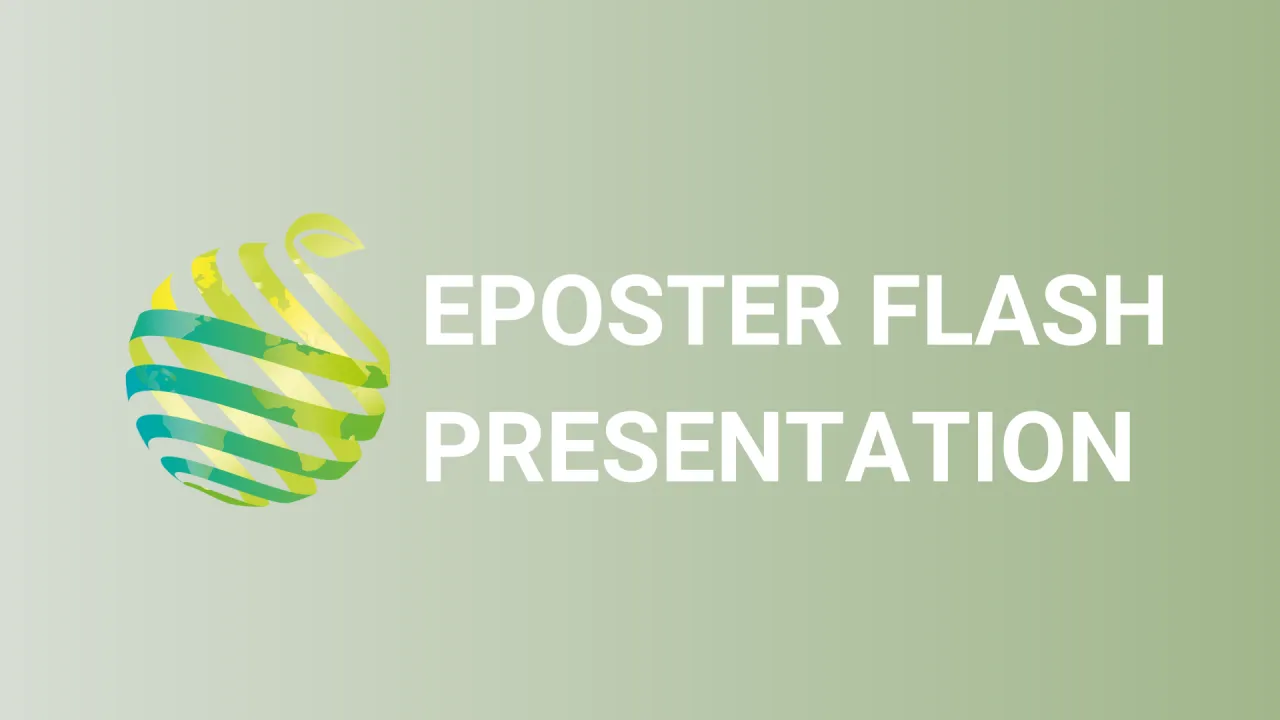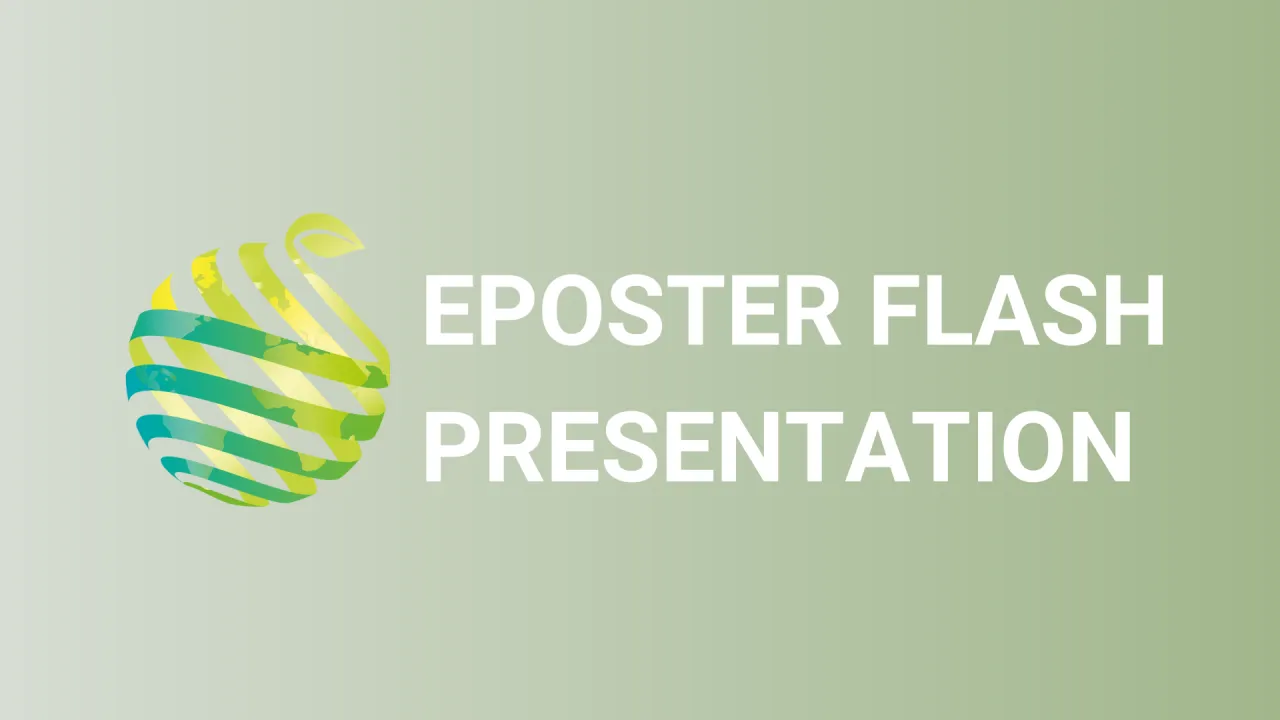

S14 - Session P5 - Evaluation of the MALDI-TOF technique for plant-pathogenic bacteria and construction of the reference spectra database at CIRM-CFBP
Information
Authors: Perrine Portier *, Cecile Dutrieux, Geraldine Taghouti, Audrey Lathus, Tatiana Amelon, Lea Vannier
The French Collection for Plant-associated Bacteria (CIRM-CFBP) preserves resources strategic for plant health. CIRM-CFBP holds a large diversity of plant-pathogenic bacteria, representing most of the known diversity of these pests. These resources are available for the whole scientific community through our web site ( https://www6.inrae.fr/cirm_eng/CFBP-Plant-Associated-Bacteria ). CIRM-CFBP resources are involved in a many different studies aiming at better understand the relationships between plant and bacteria, improving taxonomy of bacteria or permitting the development of reliable diagnostic tools. Among diagnostic techniques, MALDI-TOF (Matrix Assisted Laser Desorption Ionisation - Time of Flight) is developing. This technique consists in the analysis of the time of flight of the proteins of the analyses bacteria vaporized by a laser, separating the proteins following their weight. The produced spectra can be compared to a database of reference spectra. This technique is today widely used in the human medicine sector and is powerful for rapid and reliable diagnostic. However, for plant-pathology the reference database does not exists yet, hampering the development of this technique. During an EUPHESCO project, CIRM-CFBP, along with 6 partners, produced the reference spectra necessary to develop a reference database for plant-pathogenic bacteria identification. Maldi-TOF appears to be reliable for efficient identification at the genus level or even species. However, it is not precise enough to differenciate closely related species or species sub-divisions. As the taxonomic level relevant for plant pathology is often at the sub-division level, the Maldi-TOF technique is useful as a pre-screening tool, permitting to determine the diagnostic test the most suitable.